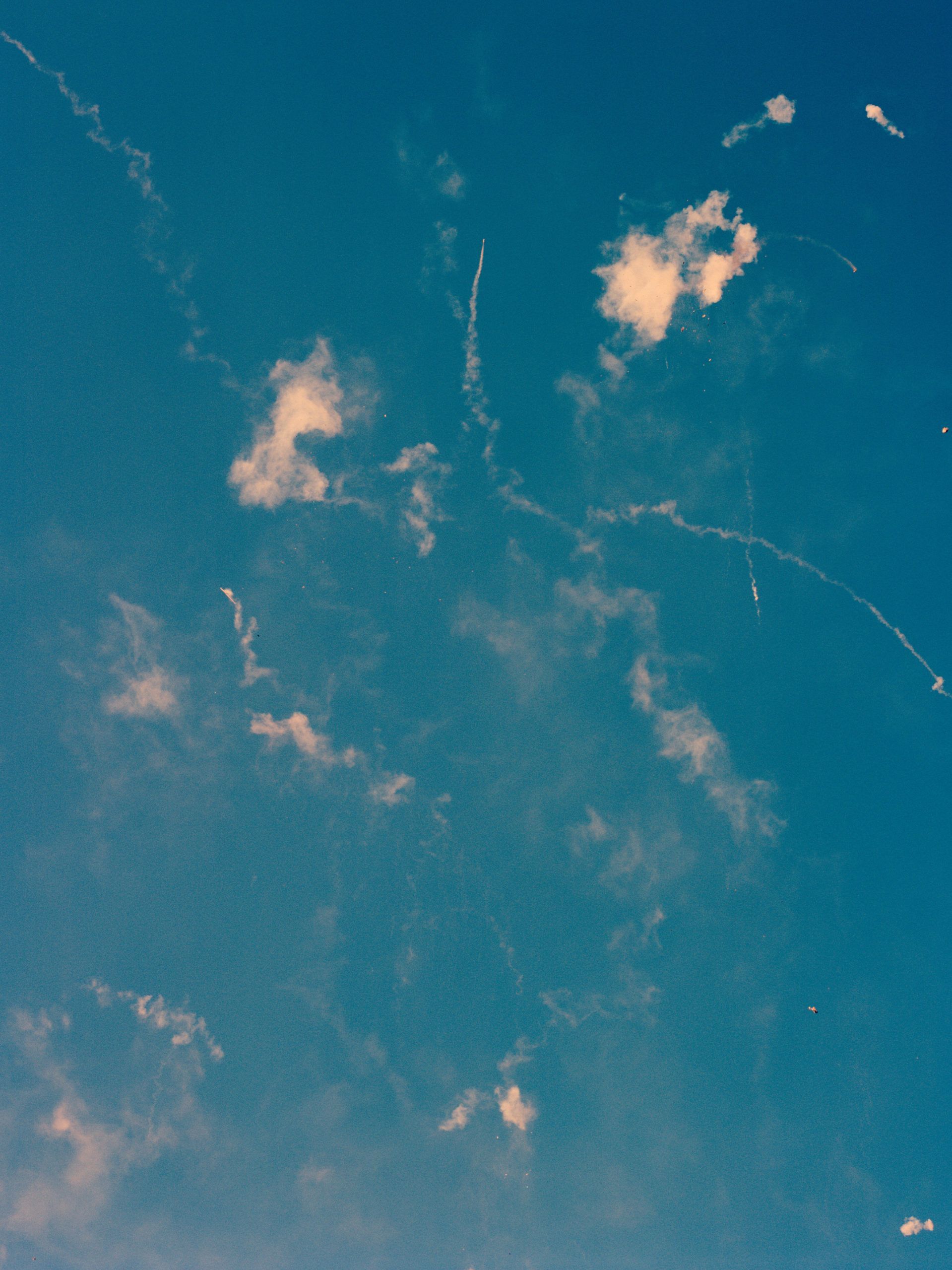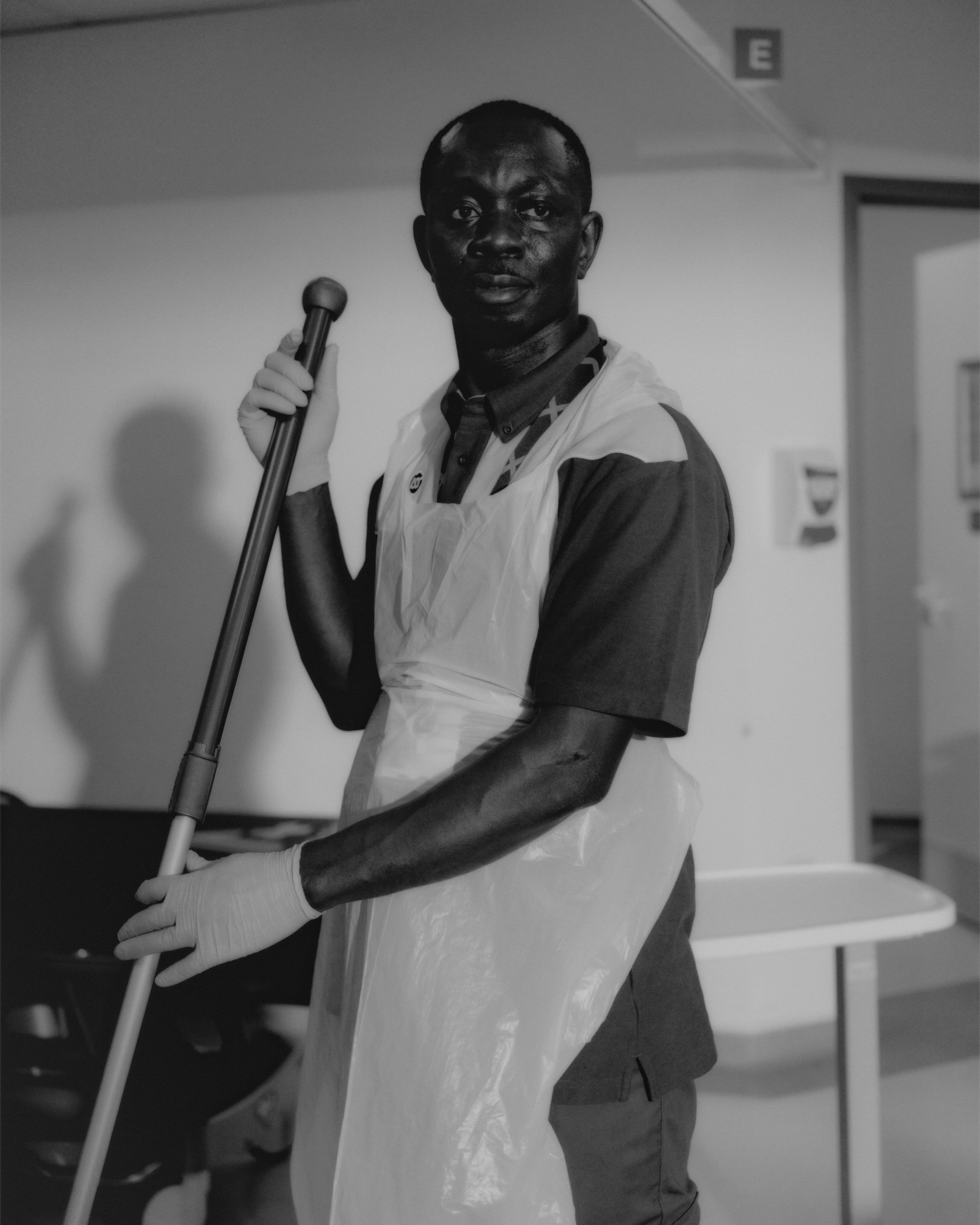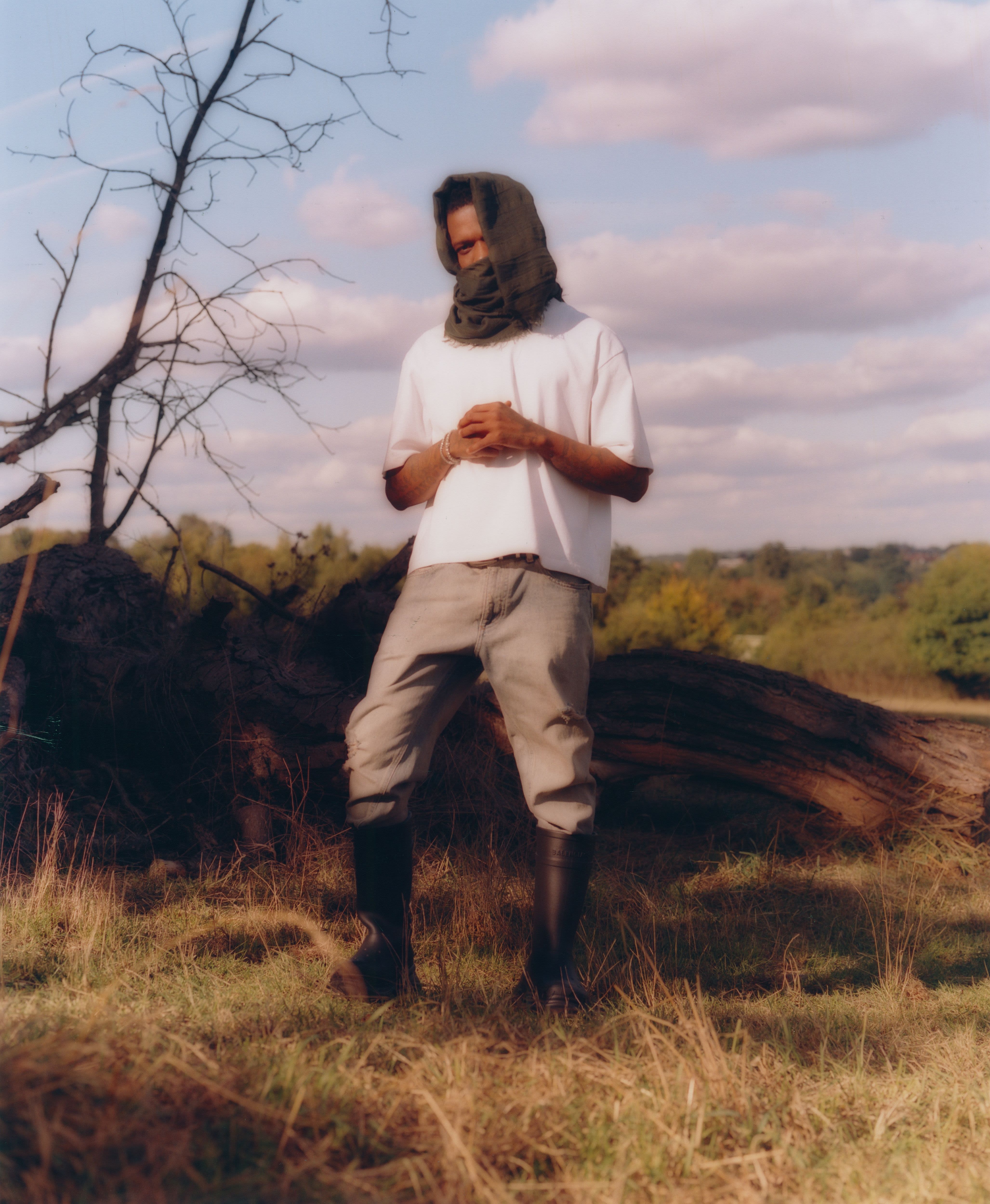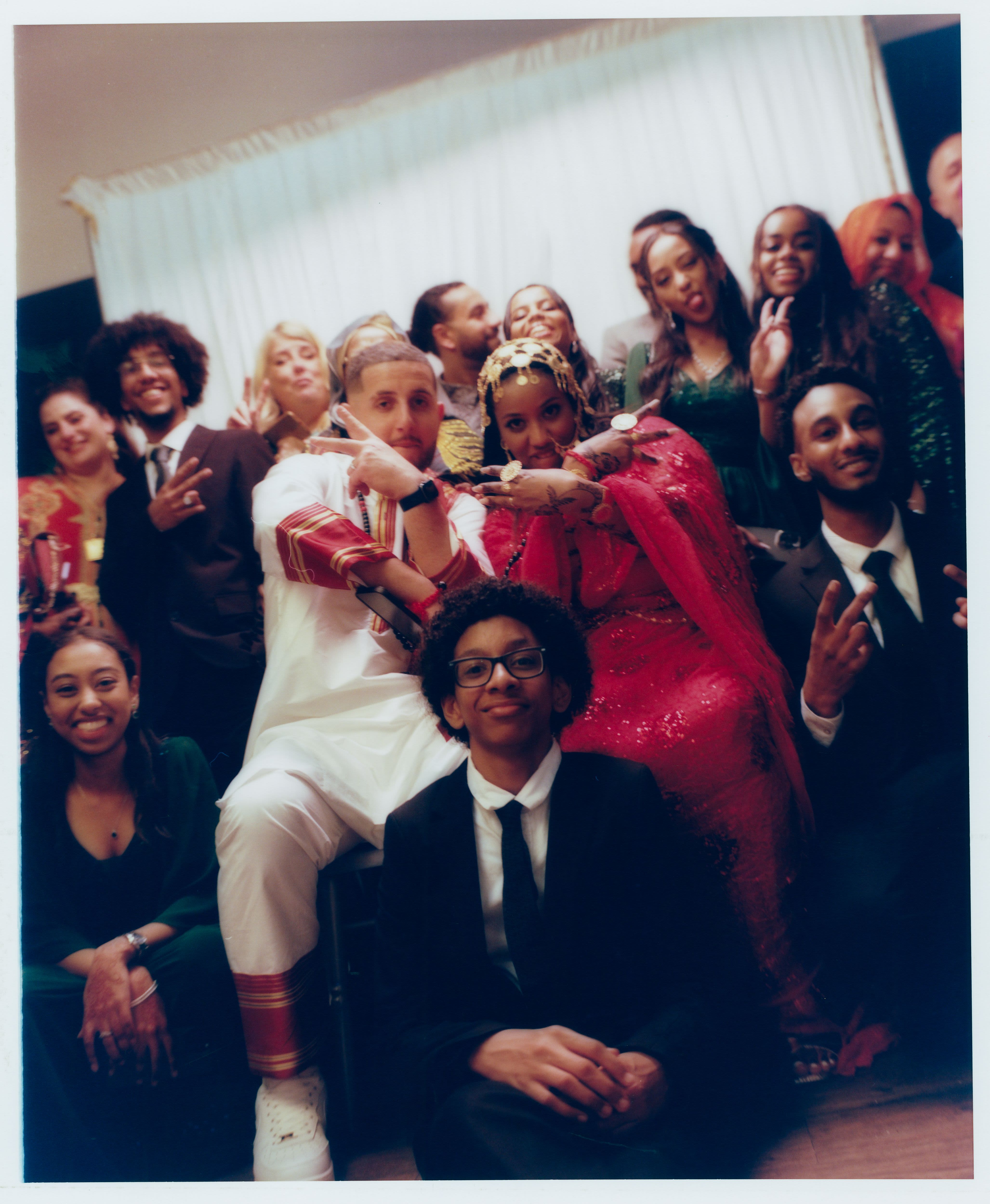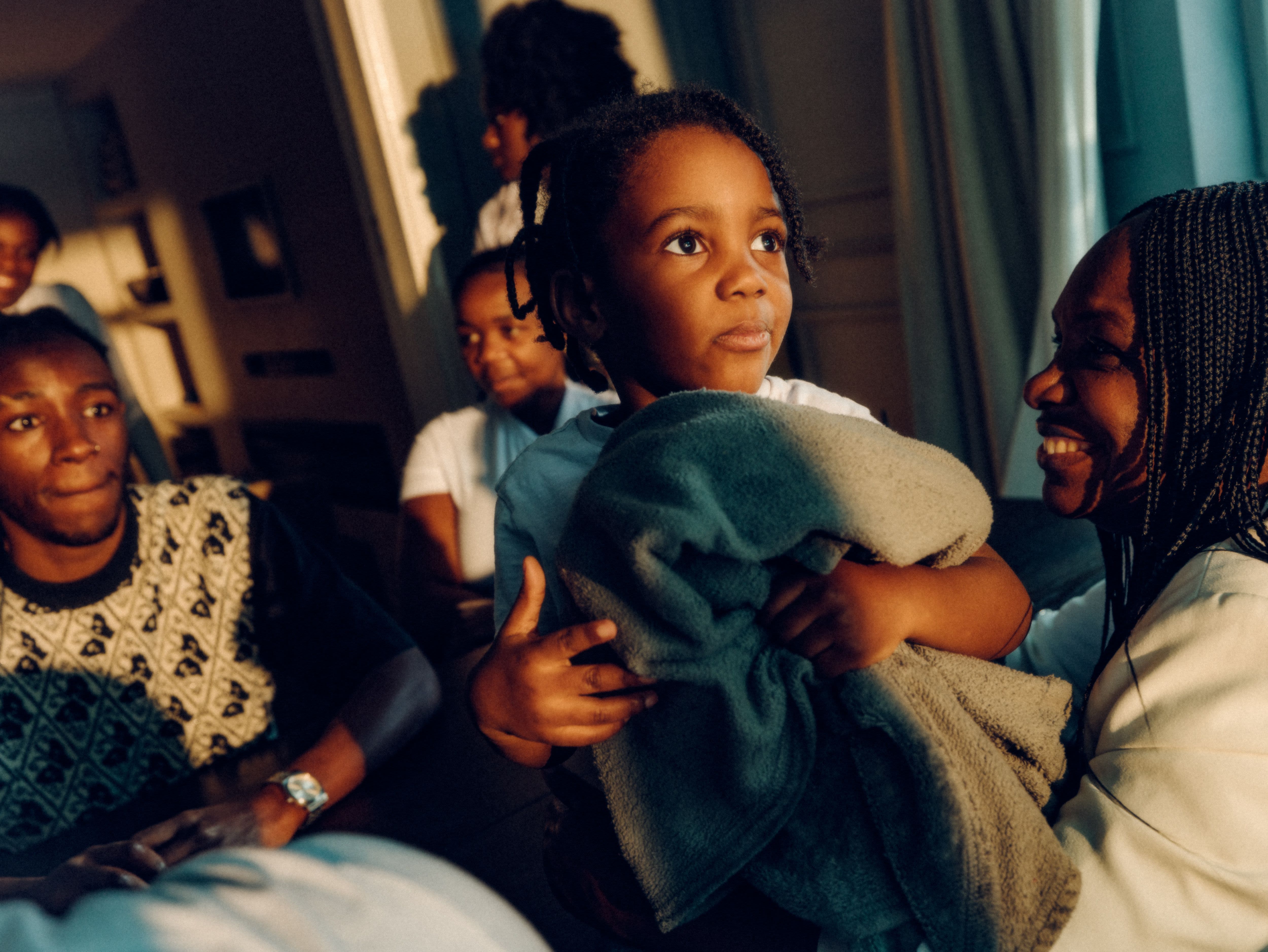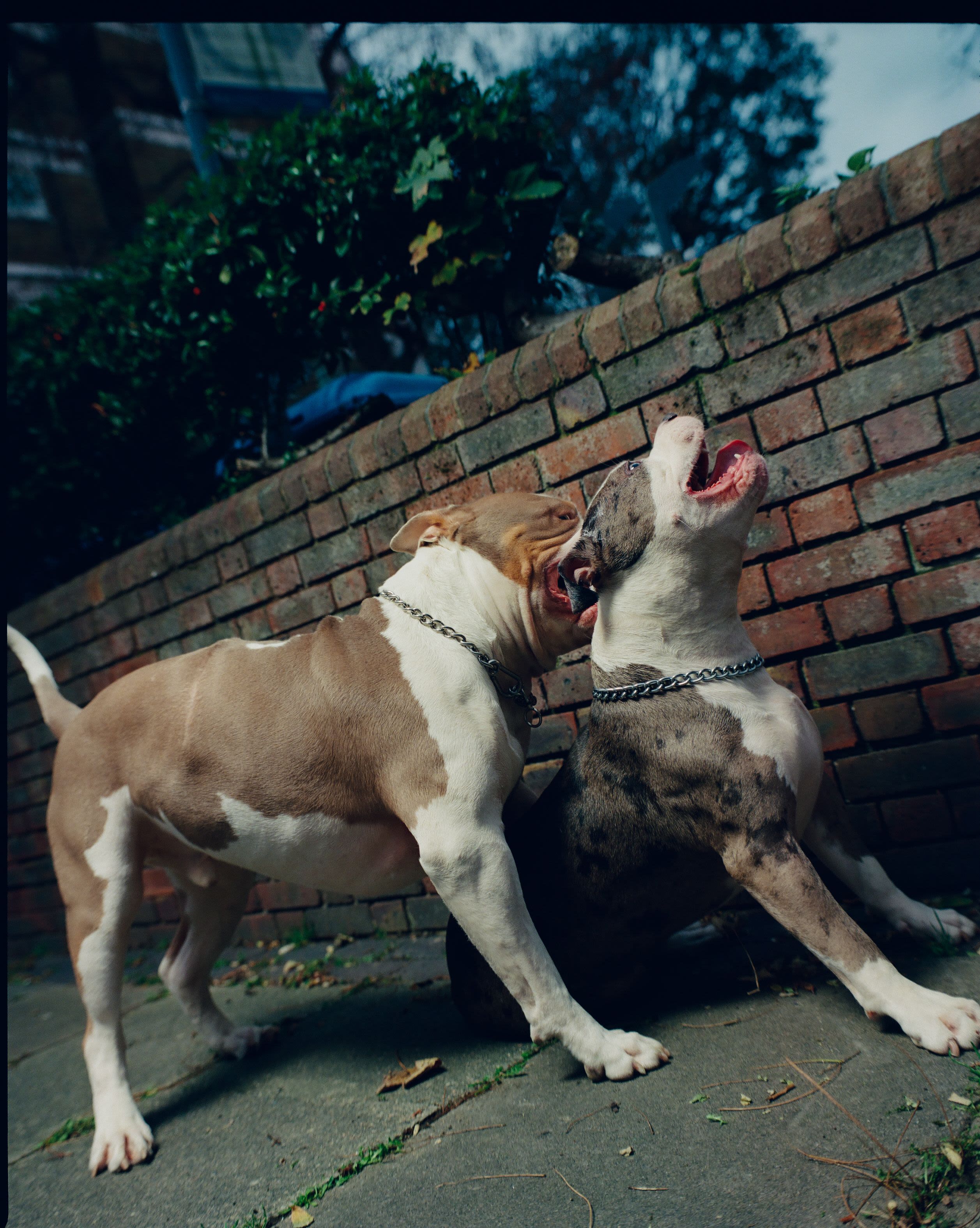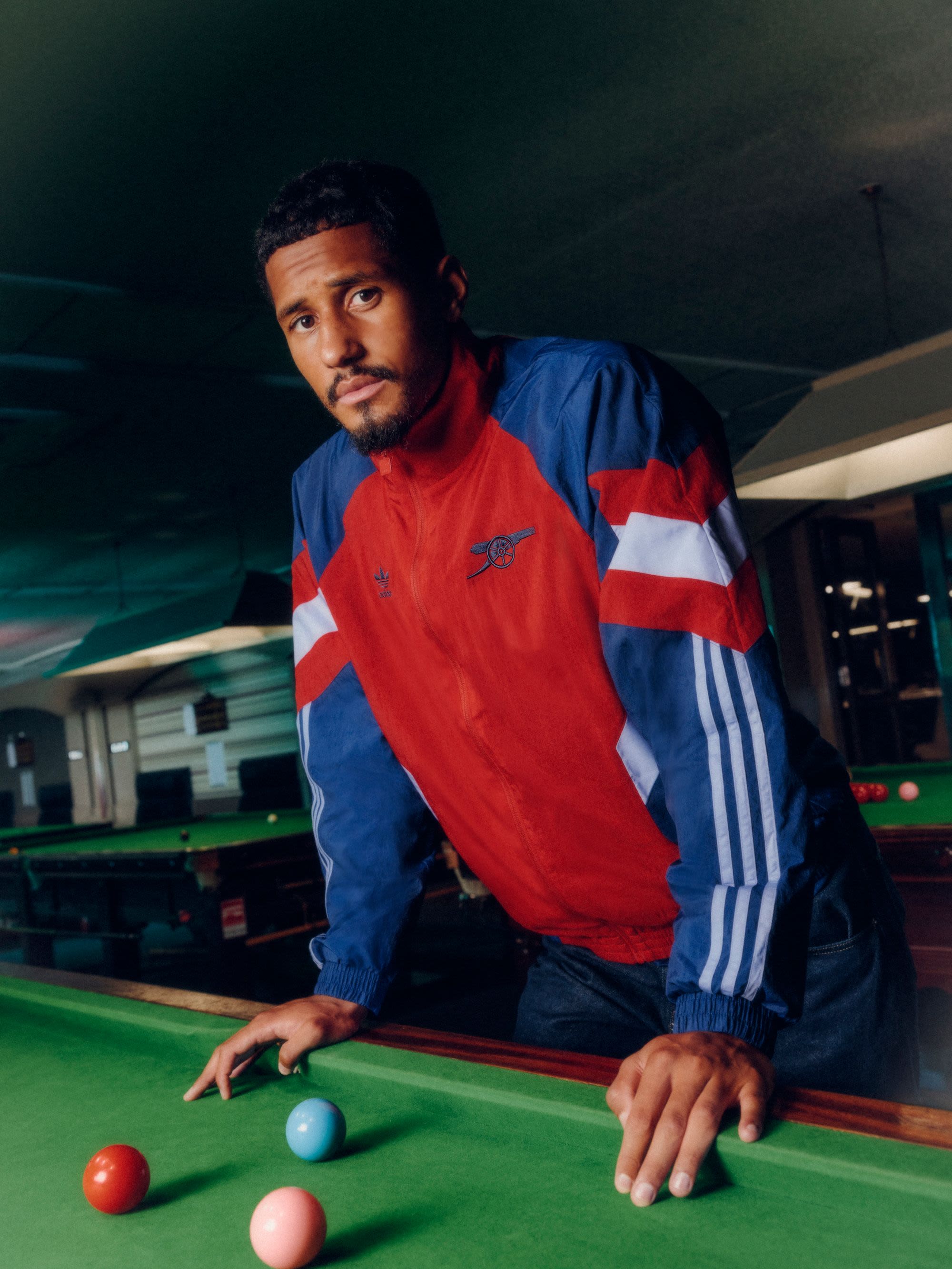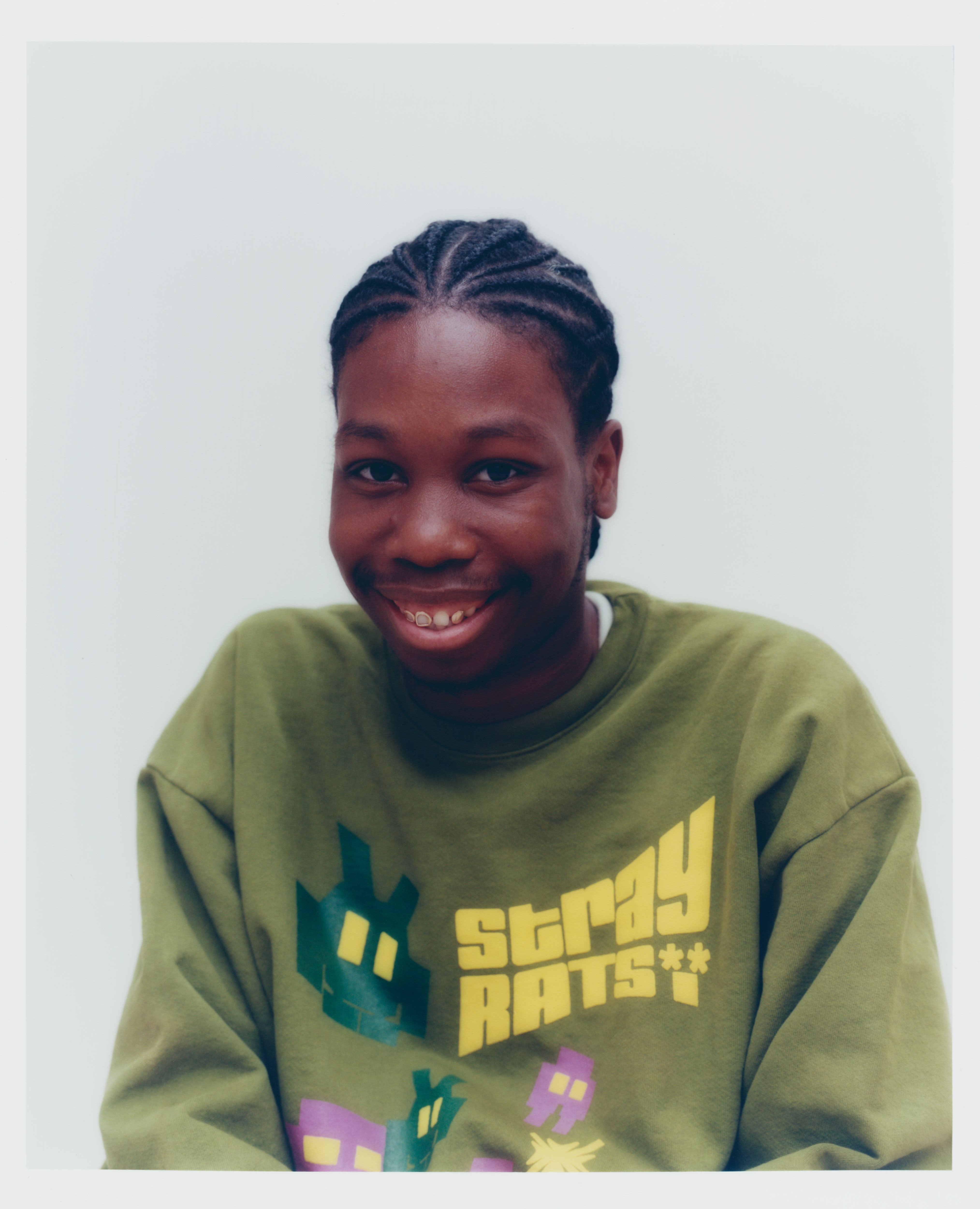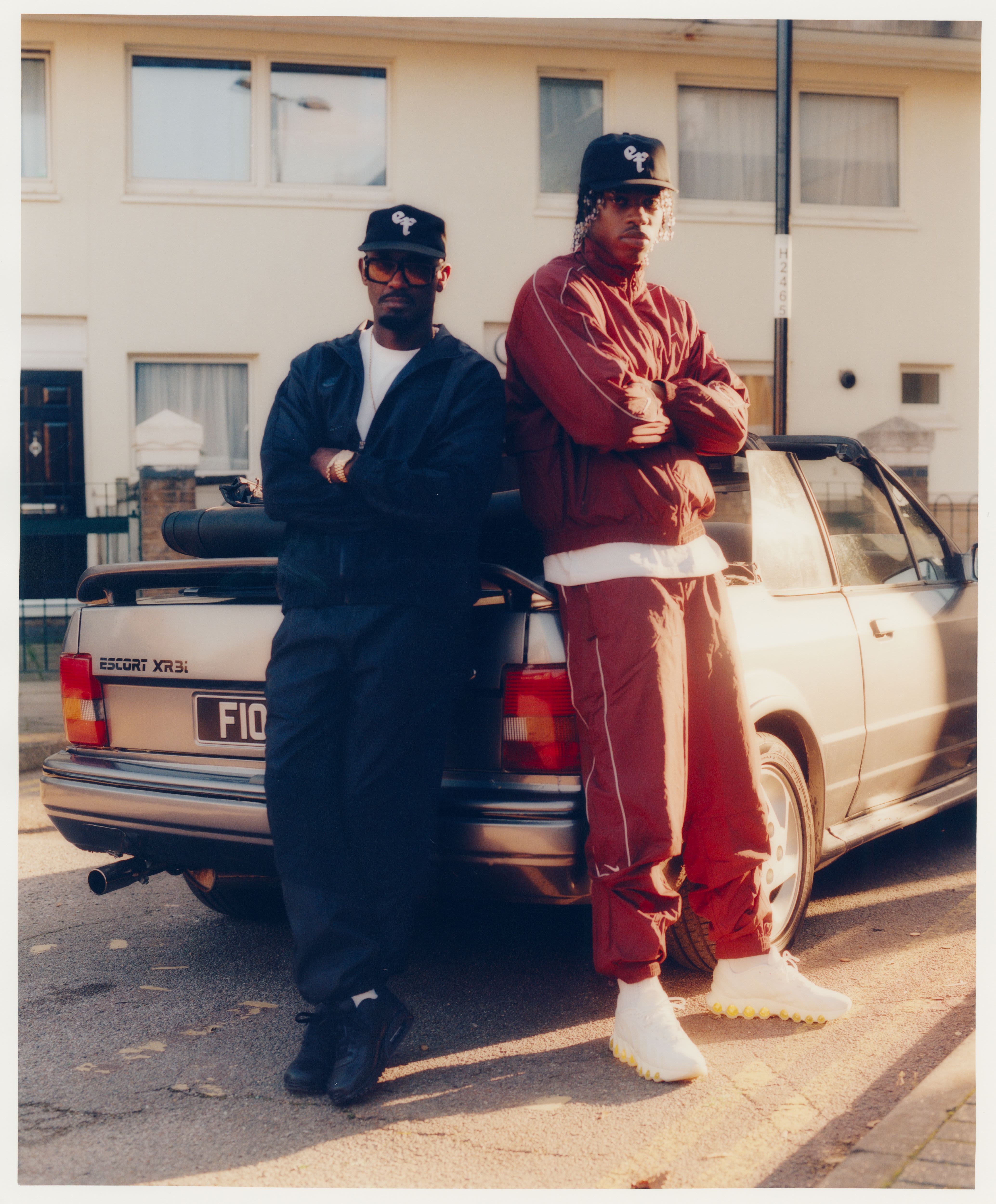Inter-subjective realities, rather than truth or fact, have shaped culture in human history. They wield great power despite their seemingly fictional existence. Shared tastes and values are what enable complete strangers to communicate and co-operate. Photography has always been a very poor recorder of solipsistic truth, but a very powerful device of suggestion. If we reject any possibility of objectivity, then the very manner in which we respond to, capture, order and display imagery of world affairs should be dealt with through a more affective mechanism.
In this series, war, nations, and religion are viewed through the microcosm of a firework festival in rural Cuba. The series documents the build up to, and the day of the pyrotechnic performance in which rival sides of a town engage in a battle of fireworks and floats. These images are juxtaposed with photographs of soldiers marking the anniversary of the Cuban Revolution. The latter are products of a globally acknowledged ideology, but are no less fictional.
The struggles for political justice in Cuba appear as a political orthodoxy, which, as in many cases, contrasts strongly with individual emotional experience. In re-constituting the identities of young people, mostly men, that go to war from emotionless machines to humans expressing genuine vulnerability, the series engages and challenges the paradigm of machismo that is so prevalent in Central and South America.
